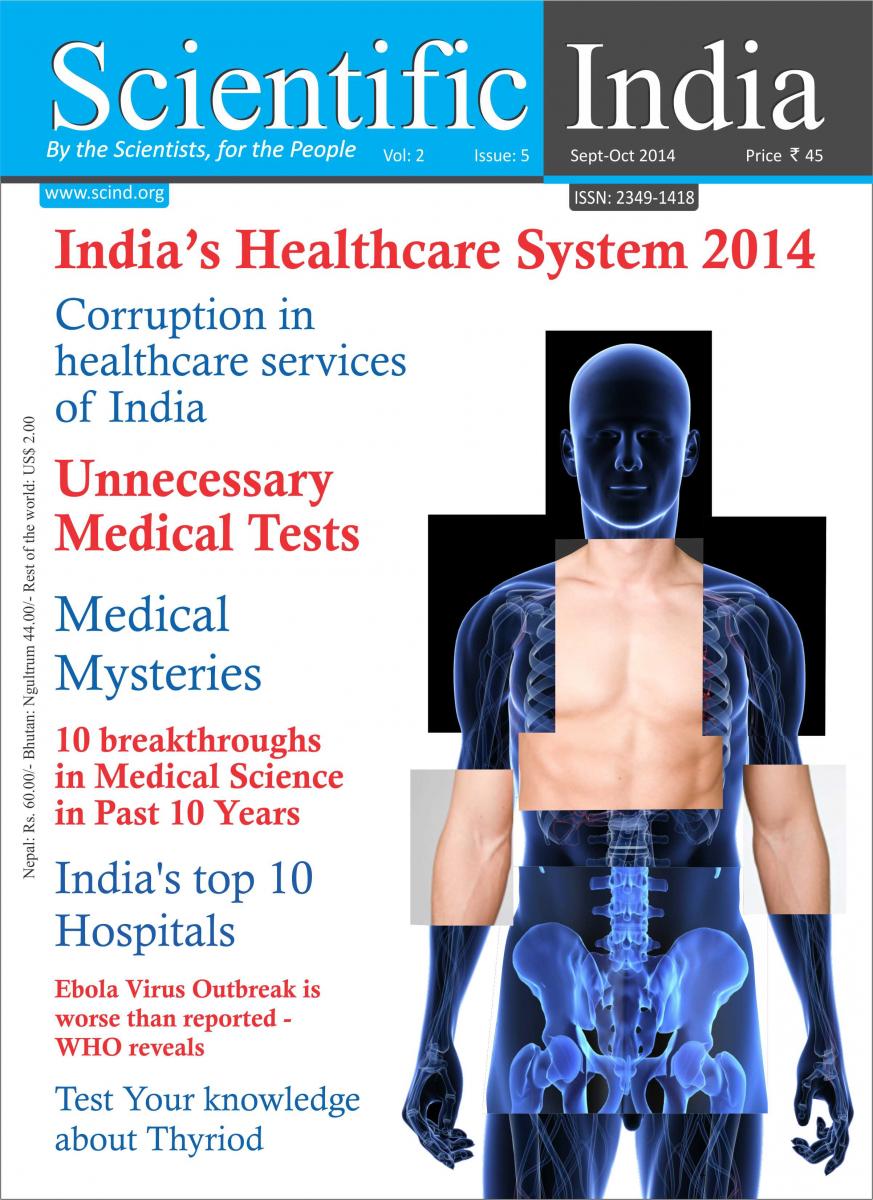Characterization of Plant Growth Promoting Rhizobacteria From Rhizospheric Soil of Himalayan Region

Department of Biotechnology and Bioinformatic, Barkatullah University, Bhoapl, M.P.
Plant growth promoting rhizobacteria (PGPR) are known to rapidly colonize the rhizosphere and suppress soil borne pathogens at the root surface. These organisms can also be beneficial to the plant by stimulating growth. In search of efficient PGPR strains with multiple activities, approximately, 55 Soil bacteria were isolated from soil of central and upper Himalayan region with a view to screen/evaluate their plant growth promoting potential. These bacterial isolates were phenotypicaly characterized and screened in vitro for their plant growth promoting traits like production of indole acetic acid (IAA), phosphate solubilization and siderophore production. A total of 55 isolates were evaluated for growth promotion using Paper Towel Assay on lentil and 9 isolates were selected on the basis of higher plant growth promoting (PGP) property and subjected to molecular phylogenetic analysis using the partial sequences of the 16S rDNA. Results of BLASTN from 16S rDNA gene sequences showed that these isolates are genetically diverse. A phylogenetic relationship among the isolates was carved out which showed 16S rDNA diversity between the rhizospheric soil bacteria. On the basis of 16S rDNA sequences, 3 Gram-positive (33%) and 6 Gram-negative (68%) isolates were reported. Further, 16S sequencing data showed that these 9 bacterial isolates belonged to genera Agrobacterium, Bacillus, Enterobacter, Pseudomonas and Serratia with Serratia marcesens, a dominant species The purpose of the present study was to select native rhizosphere bacteria from the soil of Central Himalayan regionand to evaluate their plant growth promoting potential as an alternative of chemical fertilizer for sustainable, environment friendly agriculture and assessment of their phylogenetic characterization.
Key words: PGPR; rhizobacteria; Soil, phylogeny; 16S sequencing; Serratia marcescen
